Description
Discover the Graceful Cheetah Cub: A Unique Exotic Pet Option
The cheetah cub, renowned for its unparalleled speed and striking beauty, is one of the most iconic big cats in the world. While cheetahs are wild animals and not traditional pets, they are sometimes adopted by experienced exotic animal enthusiasts who can provide the specialized care and environment they require. If you’re considering adopting a cheetah cub, it’s essential to understand their unique needs, legal requirements, and the responsibilities involved. Let’s explore what makes the cheetah cub such a remarkable animal and what it takes to care for one.
Introduction to the Cheetah Cub
The cheetah cub (Acinonyx jubatus) is the fastest land animal, capable of reaching speeds of up to 70 miles per hour in just a few seconds. Native to Africa and parts of Iran, cheetahs are known for their slender bodies, spotted coats, and distinctive “tear marks” running from their eyes to their mouths. These majestic creatures are built for speed, with lightweight frames, long legs, and flexible spines that allow them to sprint with incredible agility.
Physical Characteristics
Cheetah cubs are easily recognizable by their unique features:
- Size: They weigh between 75 to 140 pounds as adults, with males being slightly larger than females.
- Coat: Their golden-yellow fur is covered in solid black spots, providing camouflage in their natural grassland habitats.
- Tear Marks: Black “tear marks” under their eyes help reduce glare from the sun and improve focus during hunts.
- Tail: Their long, muscular tail acts as a rudder, helping them maintain balance while running at high speeds.
Behavior and Temperament
Cheetah cubs are solitary and highly territorial animals in the wild. They are diurnal, meaning they are most active during the day, particularly in the early morning and late afternoon. Unlike other big cats, cheetahs are not aggressive and are known for their relatively docile nature. However, they are still wild animals with strong instincts and require experienced handlers.
10 Essential Care Tips for Cheetah Cubs
1. Spacious Housing
- They need a vast, secure enclosure that mimics their natural habitat. A large outdoor space with plenty of room to run, climb, and explore is essential.
2. Balanced Diet
- As obligate carnivores, they require a diet rich in animal protein. A balanced diet includes raw or cooked meat, such as beef, chicken, or venison, supplemented with bones for dental health.
3. Exercise and Enrichment
- Provide opportunities to run, climb, and explore to keep them healthy and mentally stimulated. Interactive play sessions with their owners can also help keep them engaged.
4. Social Needs
- While they are solitary by nature, cubs can form bonds with their human caregivers. However, they may not get along with other pets, especially smaller animals.
5. Grooming
- Regularly check their fur, nails, and teeth to ensure they remain in good condition.
6. Veterinary Care
- Schedule regular check-ups with an exotic animal veterinarian to ensure their health and well-being.
7. Environmental Enrichment
- Create a stimulating environment with climbing structures, foraging toys, and safe outdoor exposure (if possible).
8. Temperature and Lighting
- Maintain a temperature of 70-80°F (21-27°C) and provide access to natural or full-spectrum lighting to mimic their natural environment.
9. Training
- Use positive reinforcement techniques to teach good behavior and build trust.
10. Long-Term Commitment
- Remember, these animals can live for several decades, so ensure you’re ready for a lifelong commitment.
Legal Considerations
Owning a cheetah cub is subject to strict regulations that vary by location. Many countries and states require permits, veterinary checks, and proof of adequate housing. Failure to comply with these laws can result in fines, confiscation of the animal, or legal action. Always research local laws before considering adoption.
Why Adopt a Cheetah Cub?
Adopting a cheetah cub is a unique opportunity to connect with one of nature’s most graceful and awe-inspiring creatures. Their beauty, speed, and relatively docile nature make them a truly extraordinary companion. However, ownership is not for everyone. It requires a significant commitment of time, resources, and expertise to ensure their well-being.
Interesting Facts
- They can accelerate from 0 to 60 miles per hour in just a few seconds.
- They have a unique hunting style, relying on speed and stealth rather than strength.
- Cheetahs are the only big cats that cannot roar; they communicate through purrs, chirps, and growls.
- The cheetah population is declining due to habitat loss, poaching, and human-wildlife conflict.
Conclusion
The cheetah cub is a magnificent and awe-inspiring animal that demands respect, understanding, and dedication from its owners. If you are prepared to provide the specialized care and environment they need, you could be rewarded with a lifelong bond with one of nature’s most stunning creatures. Before proceeding, ensure that you fully understand the responsibilities and legal requirements associated with ownership.
At exoticpetscare.com, we are committed to helping you find the perfect exotic companion. Contact us today to learn more about adopting or to explore other exotic pet options available to you.

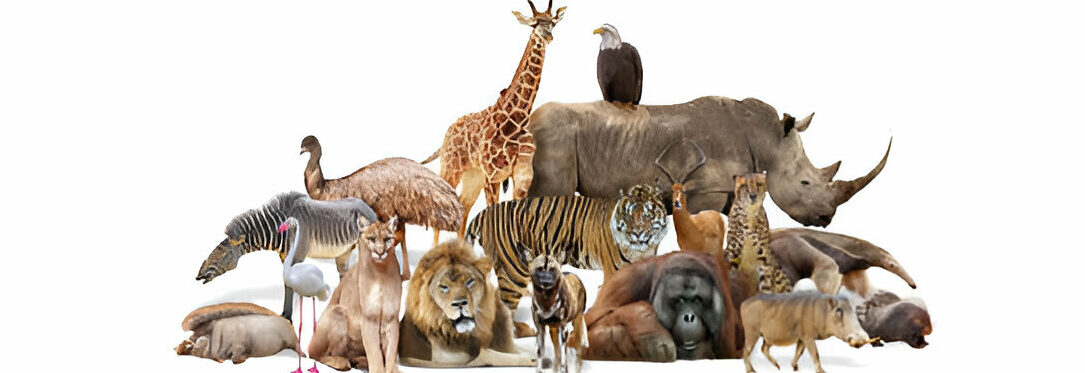
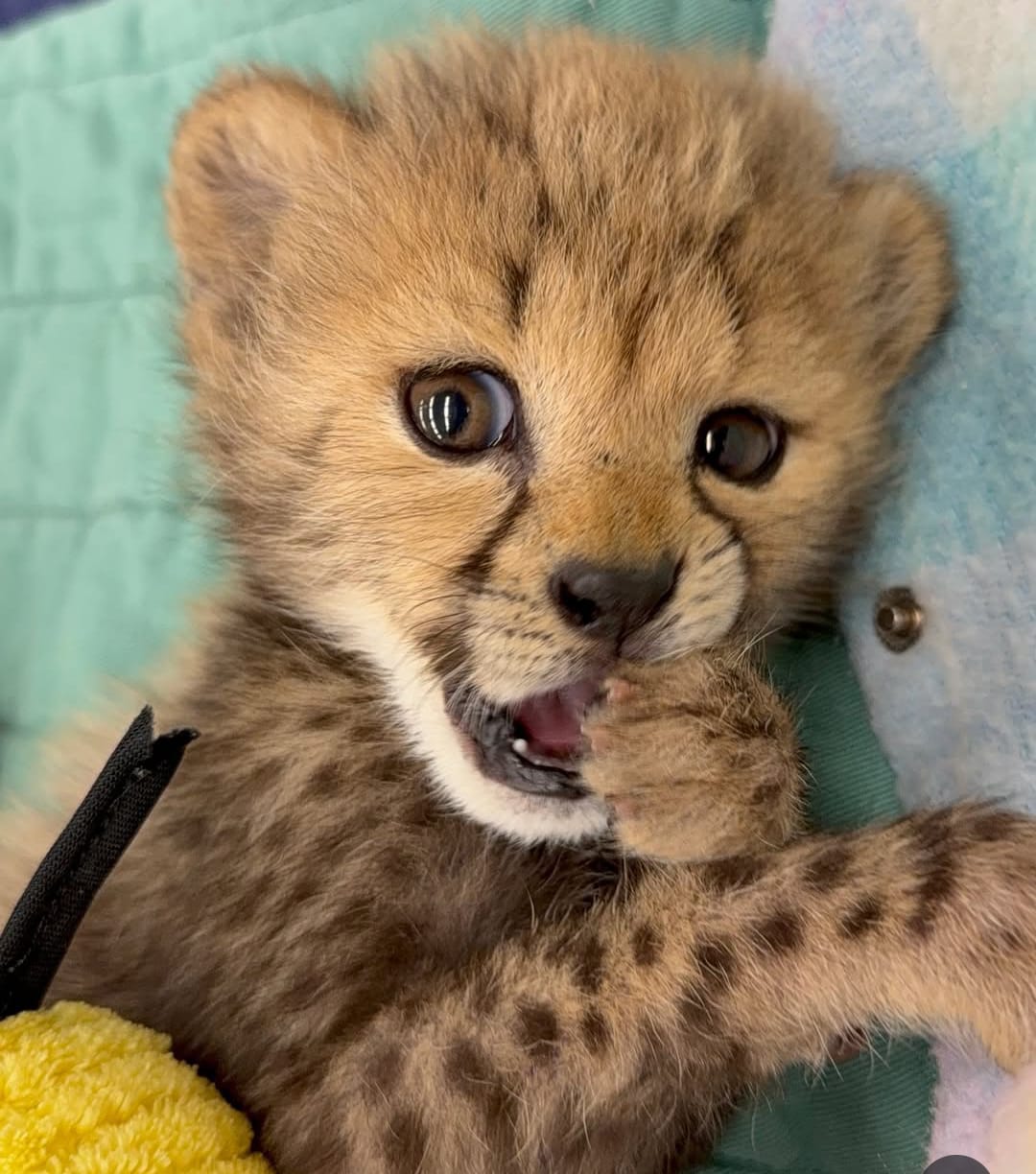
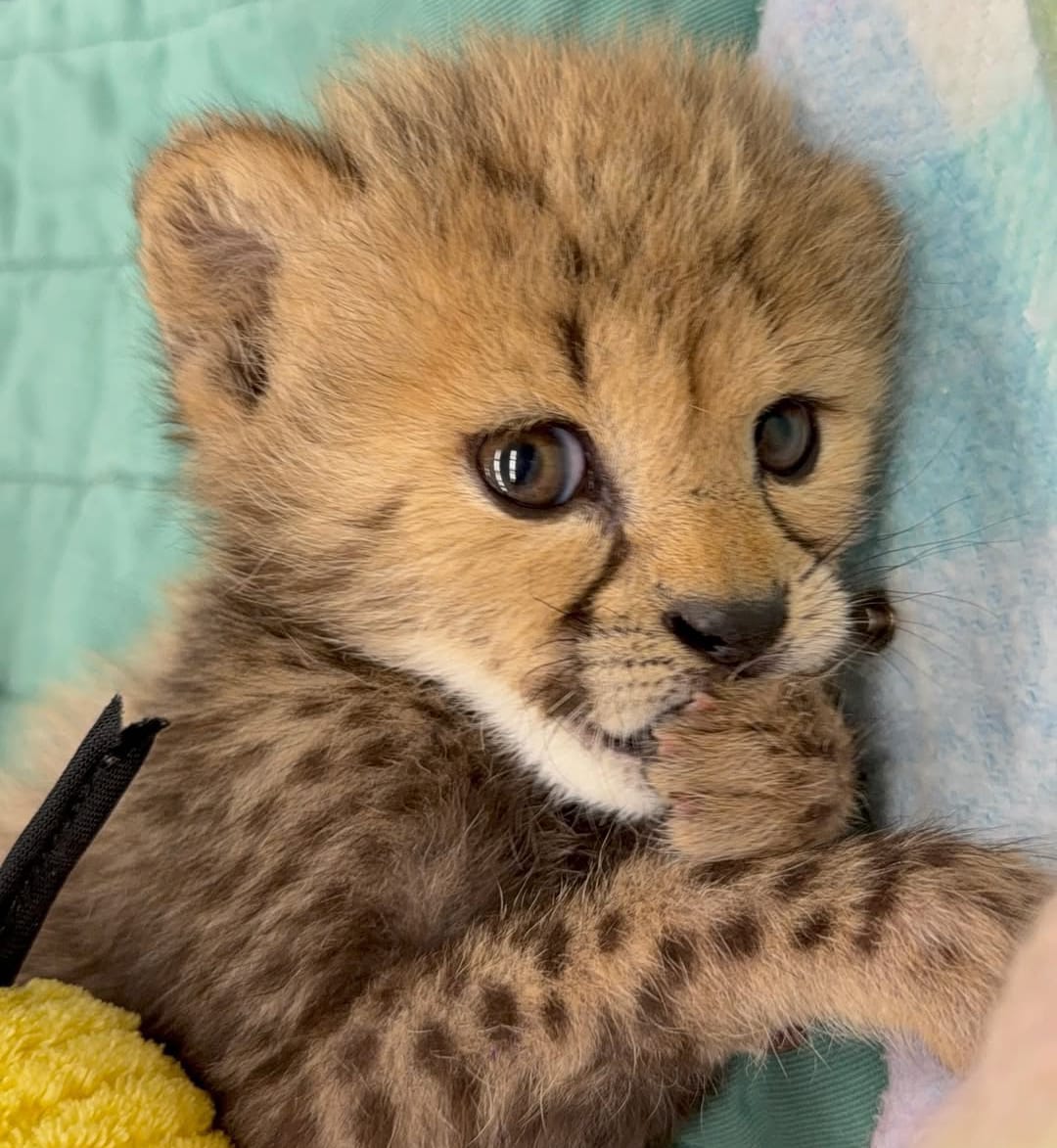
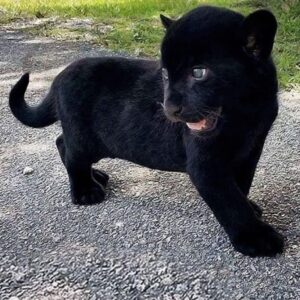
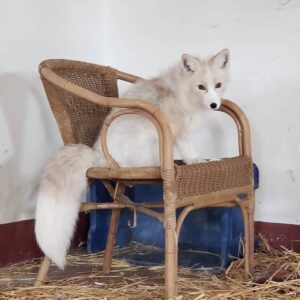
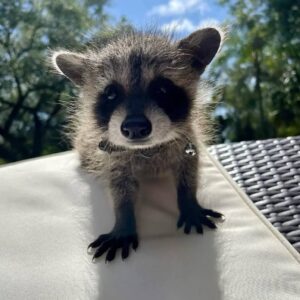
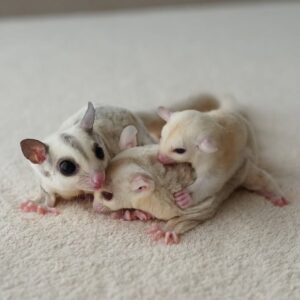
Reviews
There are no reviews yet.